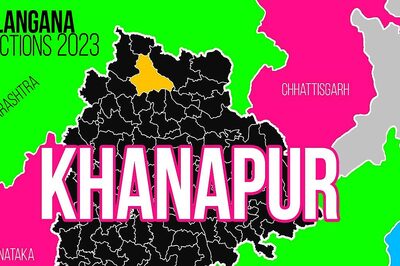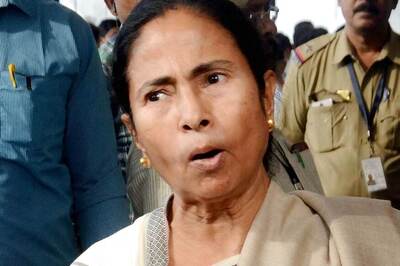
views
Every year on September 8, since 1967, International Literacy Day has been observed to raise awareness about the significance of literacy as a matter of dignity and individual rights, as well as to promote the literacy agenda toward a more informed and sustainable society. It’s an international tradition. There’s no better time than now to expand literacy and find answers to the many problems facing education today.
International Literacy Day: History and significance
UNESCO has extended the notion of literacy from the fundamental concepts of reading, writing, and arithmetic abilities to a foundation for lifelong education and functional literacy.
Literacy Day originated during the World Conference of Ministers of Education in Tehran in 1965. On October 26, 1966, UNESCO designated World Literacy Day to be observed on a global scale. During that time, the globe confronted some of its most serious issues, including illiteracy, poverty, unemployment, and inadequate health care. The emphasis was on education and eradicating ignorance so that people might have greater access to livelihood. Literacy is a powerful tool that gives people the ability to think independently and empowers them.
This day was also included in the United Nations’ Sustainable Development Goals programme in 2015. Literacy is a crucial component of the SDGs and 2030 Agenda for Sustainable Development.
UNESCO hopes to draw attention to literacy in all of its manifestations in a changing world by adopting different themes each year. Without literacy, we cannot make changes in the world or enhance our quality of life. According to UNESCO, “literacy is the best cure,” and it is the key to ensuring that everyone has the right to an education.
The epidemic, on the other hand, served as a stark reminder of the essential significance of literacy. Beyond its inherent relevance as part of the right to education, literacy empowers and enhances individuals’ lives by increasing their ability to select a life they can appreciate.
It also serves as a catalyst for long-term growth. Literacy is an essential component of education and lifelong learning based on humanism, as described by SDG 4. Literacy is thus critical to a human-centred recuperation from the COVID-19 catastrophe.
International Literacy Day 2021: Theme
The theme of International Literacy Day (ILD) 2021 is ‘Literacy for a Human-centered Recovery: Narrowing the Digital Divide.’
Read all the Latest News, Breaking News and Assembly Elections Live Updates here.




















Comments
0 comment